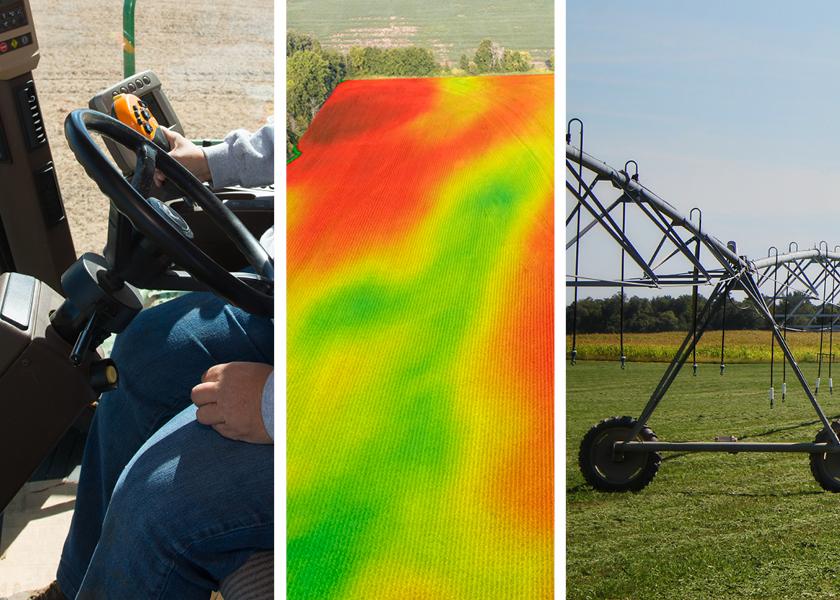Co-Ops Open the Door for High-speed Broadband and More Use of Precision Ag

According to a new report from CoBank’s Knowledge Exchange, agricultural cooperatives are in an ideal position to work with communication companies to deliver carrier-grade, high speed private wireless networks to their farmer members at costs that were unthinkable just a few years ago. Such networks allow for greater adoption of precision ag applications that can help farmers produce more efficiently.
“Offering these network solutions could be a new, reliable revenue source for U.S. farm supply cooperatives, helping them to offset the highly competitive and volatile business of fertilizer, chemical and other input sales,” said Kenneth Scott Zuckerberg, lead grain and farm supply economist with CoBank.
The lack of affordable, reliable broadband access in rural America, has hindered widespread adoption of precision ag technologies. That may be changing with the increasing availability of private wireless networks. Today a wide range of entities and organizations can enter the wireless network business and deliver broadband access in areas where it was previously scarce, if not unattainable.
While the idea that agricultural co-ops should take the lead in developing private wireless networks sounds aggressive, Zuckerberg said co-ops are in a much better position than individual farmers to do so for several key reasons, including greater financial resources and their service-based orientation.
Click here for the full report
The Federal Communications Commission’s decision in 2018 to make 150 MHz of spectrum available in the Citizens Broadband Radio Service (CBRS) band was the catalyst for private wireless networks, said Jeff Johnston, lead communications economist for CoBank. With speeds in excess of 100Mbps and options for customization, these networks are a self-sufficient solution to support on-farm broadband demand for precision ag technologies.
“Opening up the CBRS band essentially democratized building and owning carrier-grade wireless networks,” said Johnston. “Prior to this, schools, cities and businesses in unserved areas would either have to beg the national operators to build coverage where they needed it, or build their own Wi-Fi networks, which are far inferior to the standards-based private wireless networks.”
With CBRS, organizations now have access to the same spectrum as well as standards-based equipment that the national operators use since CBRS has fostered a broad ecosystem of manufacturers, added Johnston.







